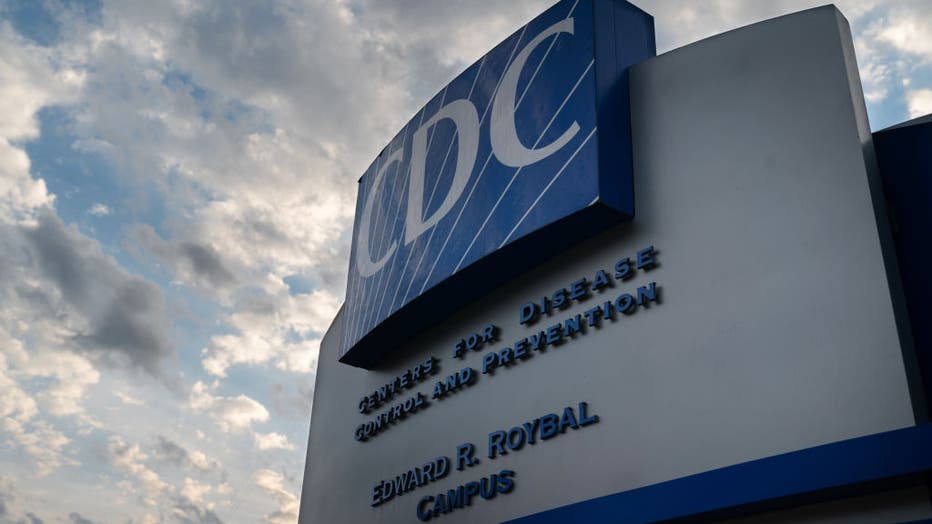AY4.2 variant: CDC says new delta sublineage of COVID-19 seen in US
ATLANTA - As COVID-19 cases continue to trend downward in the United States, the Centers for Disease Control and Prevention (CDC) has a new sublineage of the delta variant on its radar.
According to Dr. Rochelle Walensky, director of the CDC, the AY4.2 sublineage recently identified in the United Kingdom has also been observed in the United States.
"There are new variants that continue to emerge as cases continue to spread," Walensky said in Wednesday’s COVID-19 briefing. "And in particular, the AY4.2 variant has drawn some attention in recent days."
Even so, she said the AY4.2 sublineage is not appearing "with recent increased frequency or clustering to date."
RELATED: Does delta variant make COVID-19 worse for children?
And although the delta variant is responsible for 99.7% of all U.S. COVID-19 cases, the CDC’s latest genomic sequencing data shows its sublineages are responsible for hardly any.
The AY.1 sublineage led to just 0.1% of cases and no cases of the AY.2 sublineage were recorded between Oct. 10 and 16.
Even though they’ve not proven to be the nuisance their parent strain is, the sublineages — as well as all variants — are being taken seriously by health officials.

Signage stands outside the Centers for Disease Control and Prevention (CDC) headquarters in Atlanta, Georgia, U.S, on Saturday, March 14, 2020. (Photographer: Elijah Nouvelage/Bloomberg via Getty Images)
"CDC is continuing to track lineages and sublineages of delta and all other variants", Walensky said. "Over the past 9 months, as we have previously reported, we have ramped up our sequencing capabilities in partnership with local public health and academic institutions."
Walensky said the CDC particularly tracks sublineages that could impact therapeutics like vaccines and monoclonal antibodies.
"At this time, there is no evidence that the sublineage AY4.2 impacts the effectiveness of our current vaccines or therapeutics," Walensky concluded, "and we will continue to follow."
Meanwhile, health officials in the UK continue to monitor the strain. So far, it accounts for a small but growing number of cases in Britain.
This story was reported from Atlanta.


